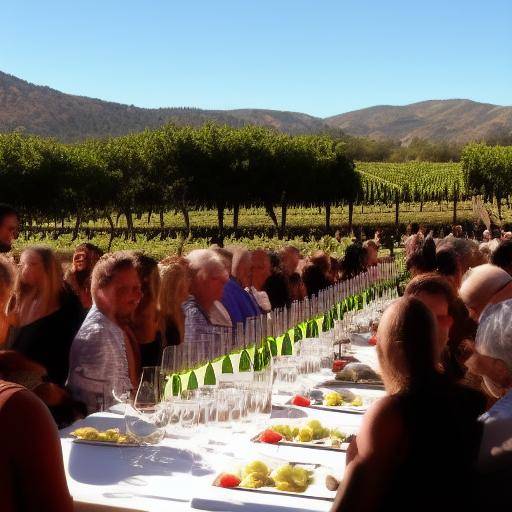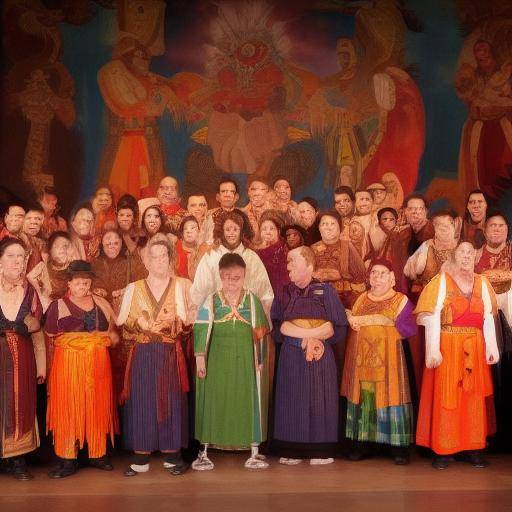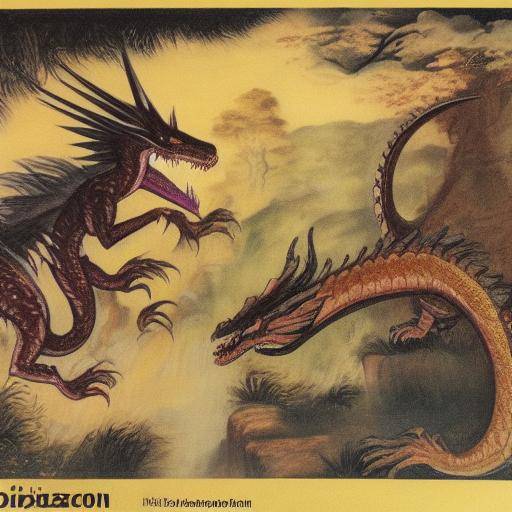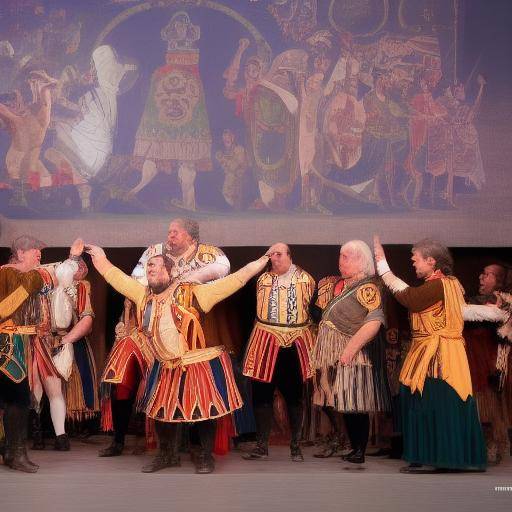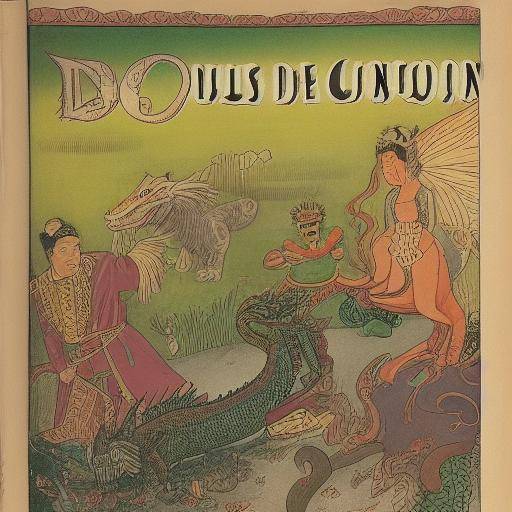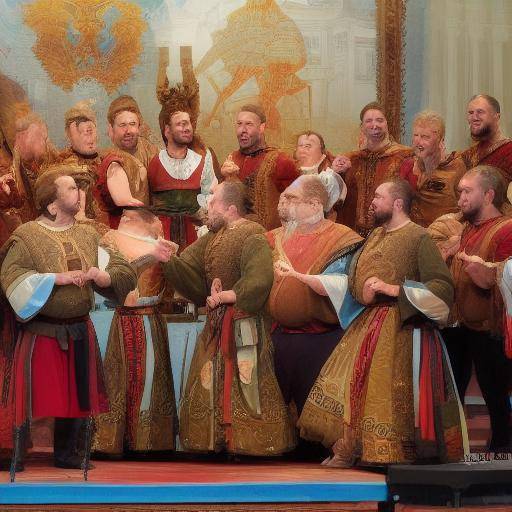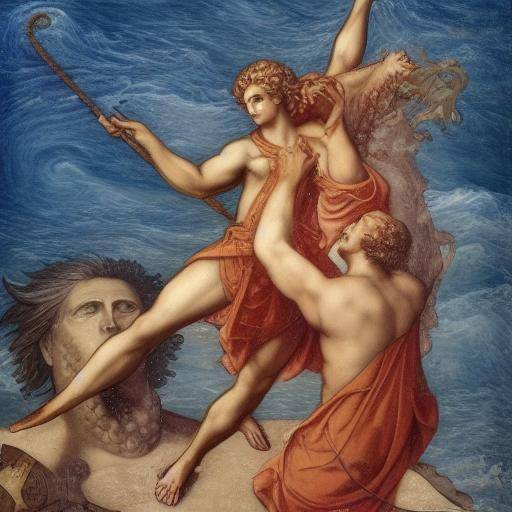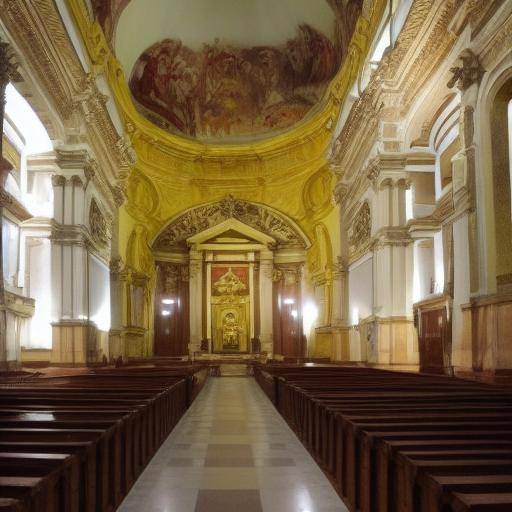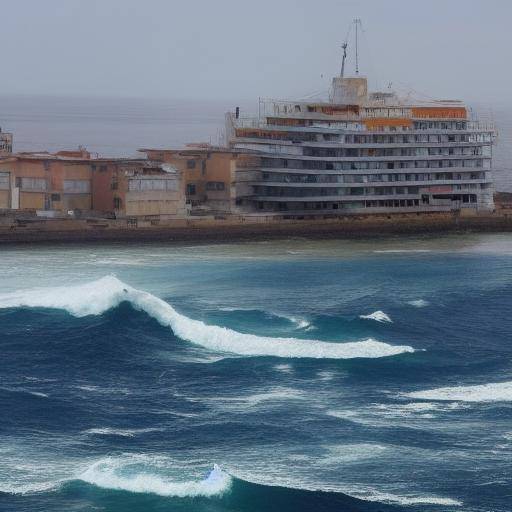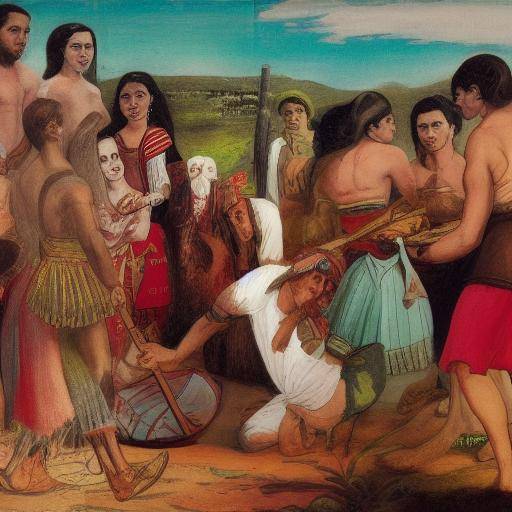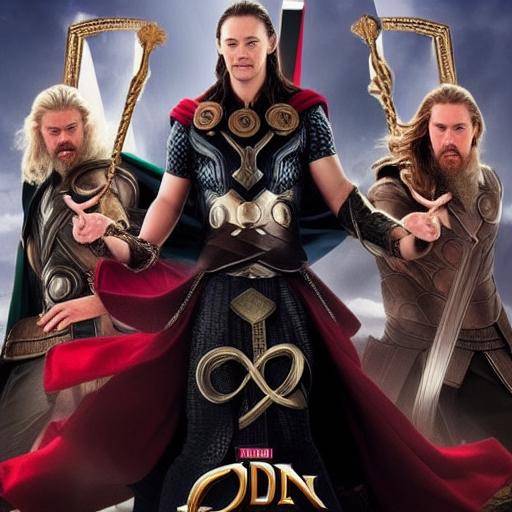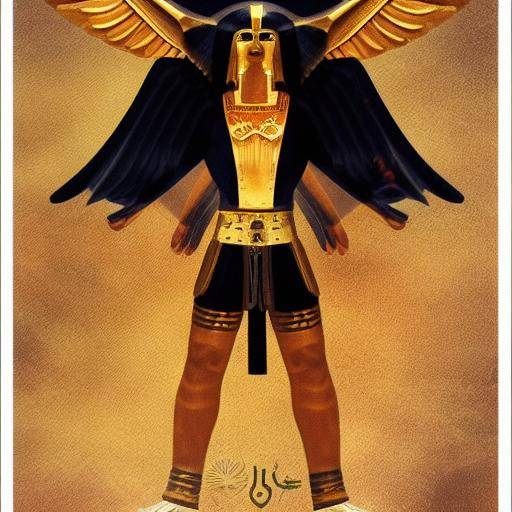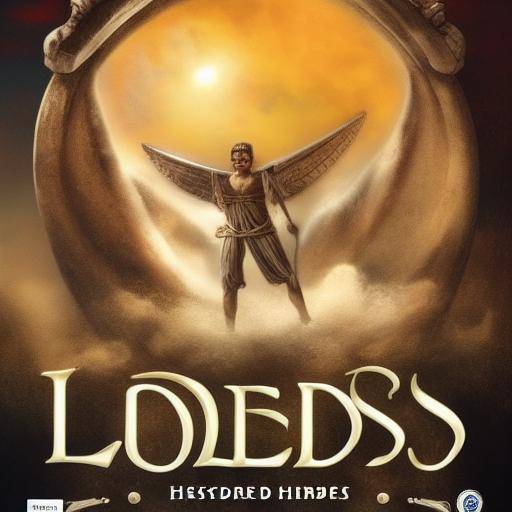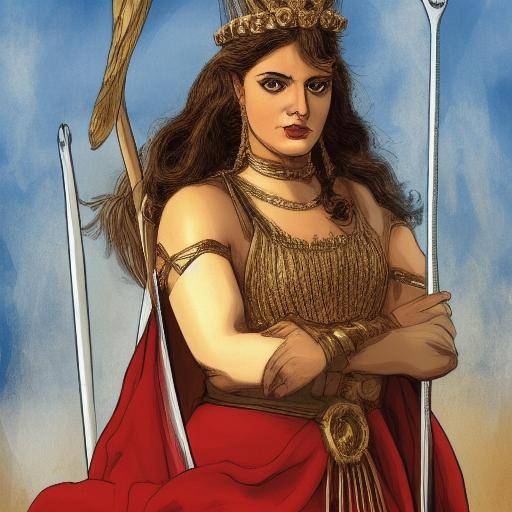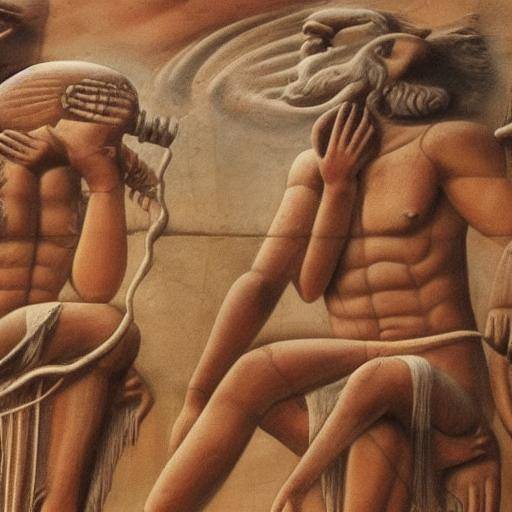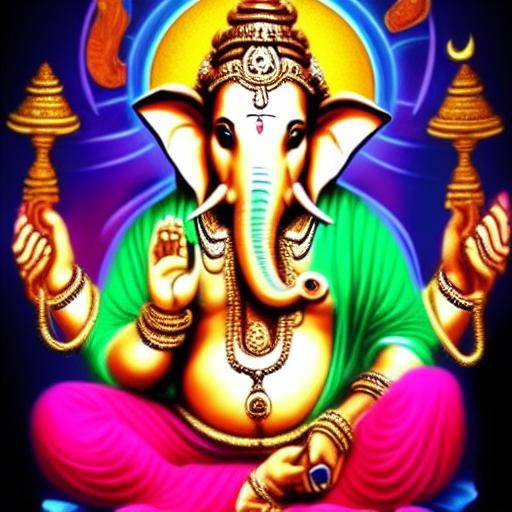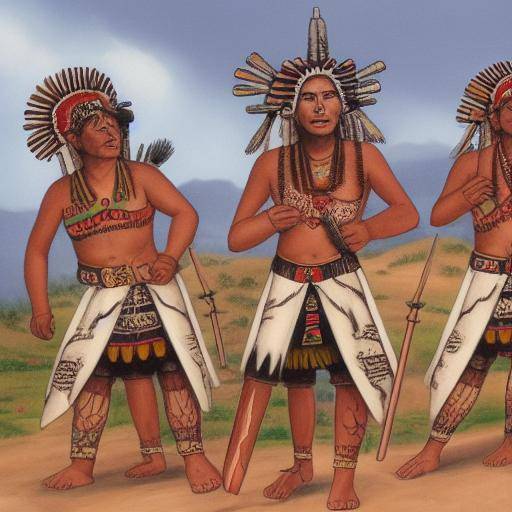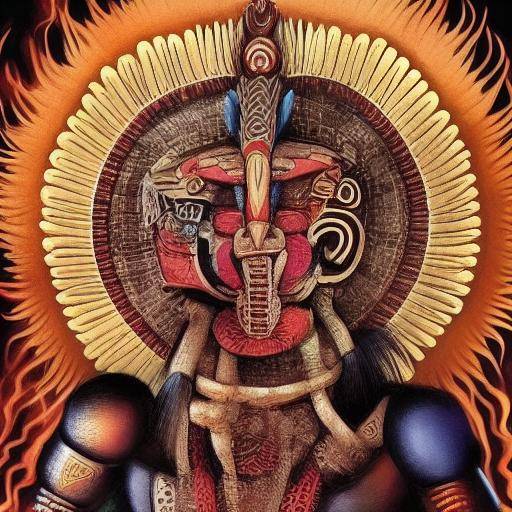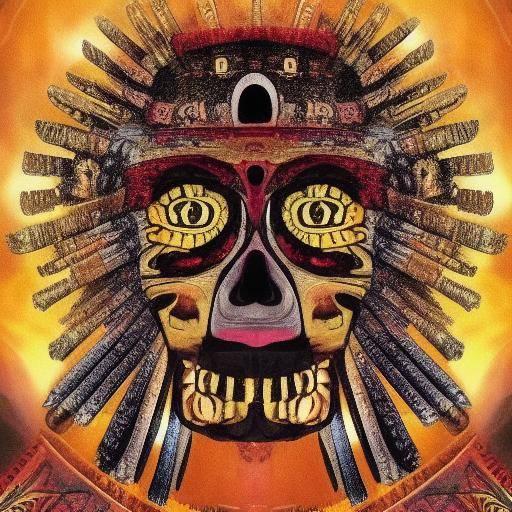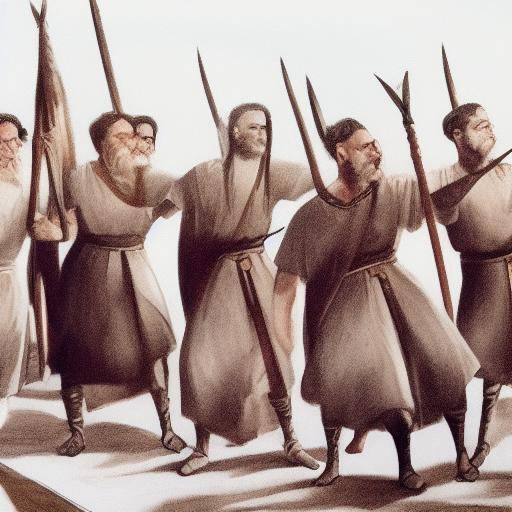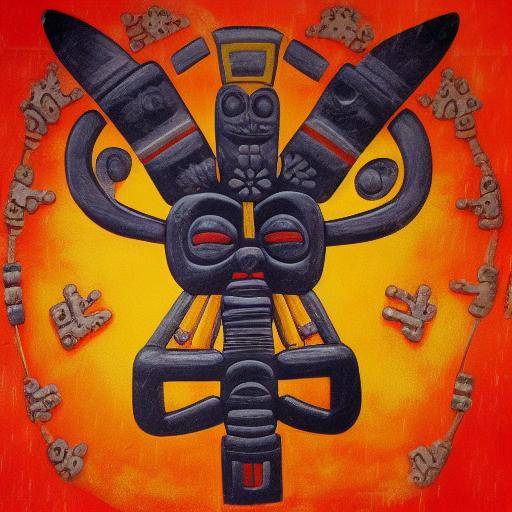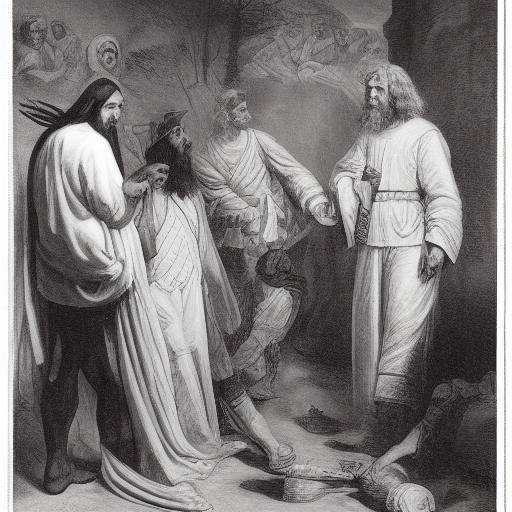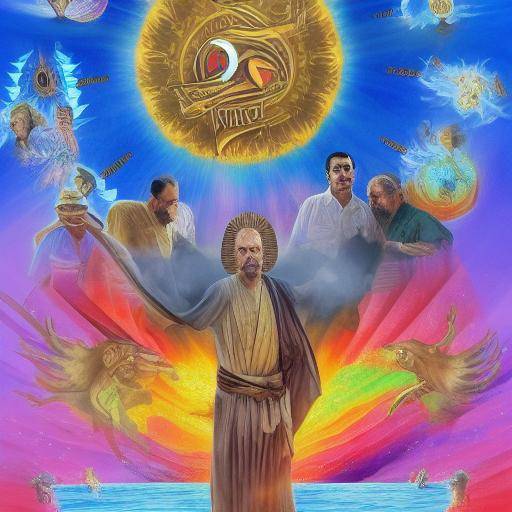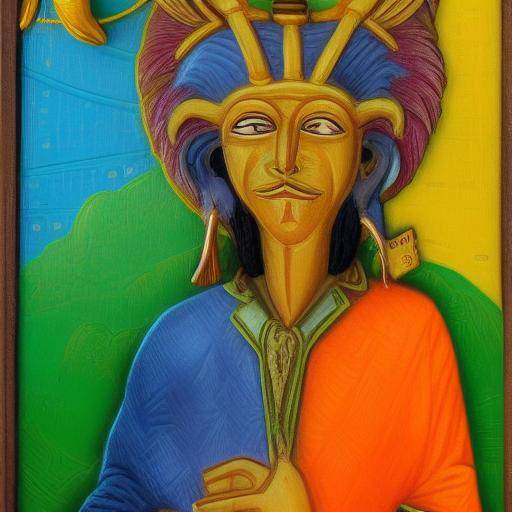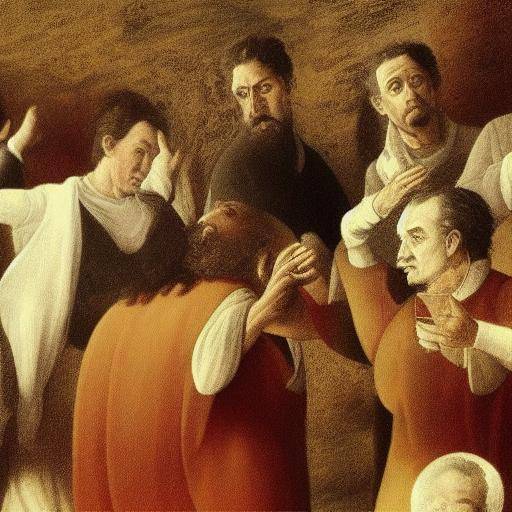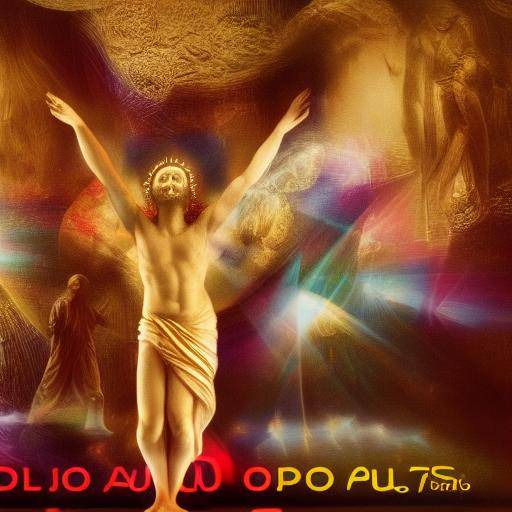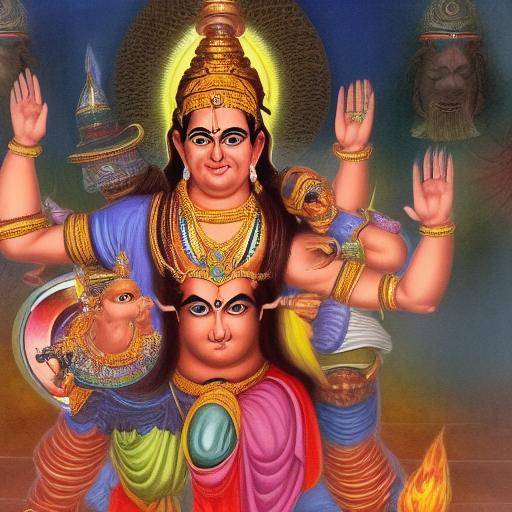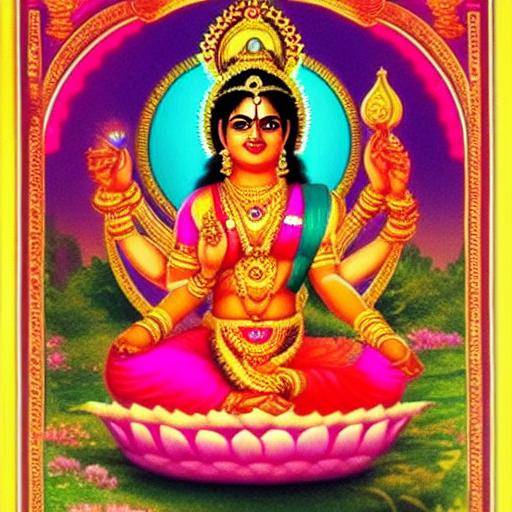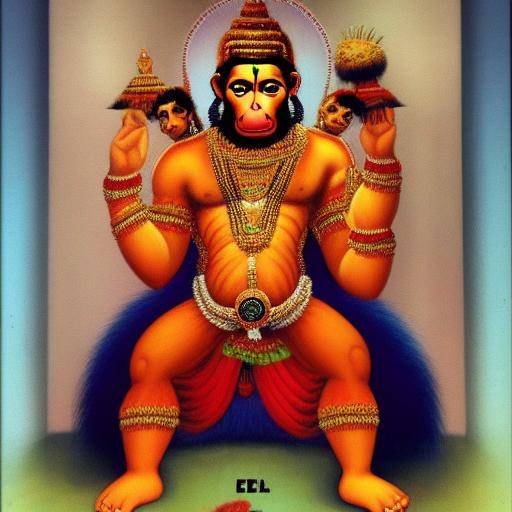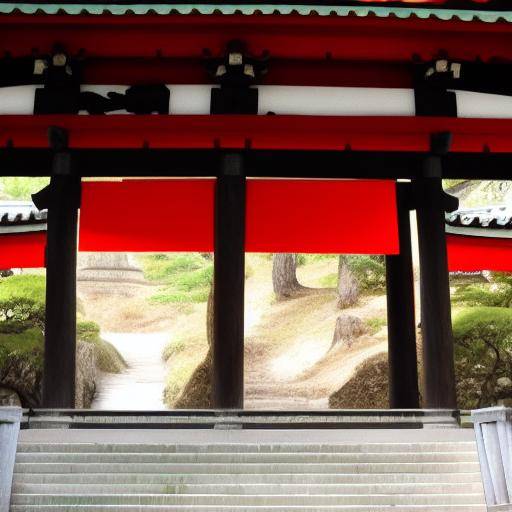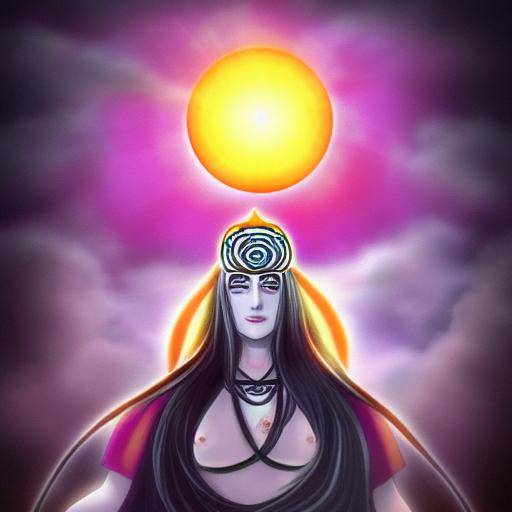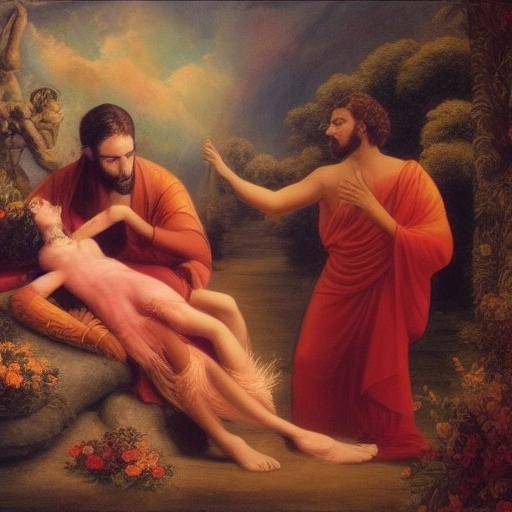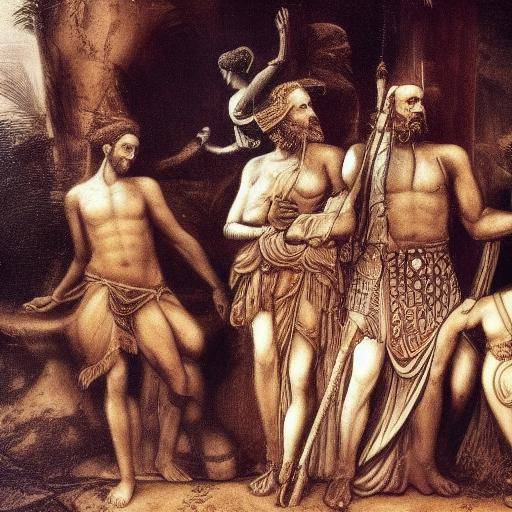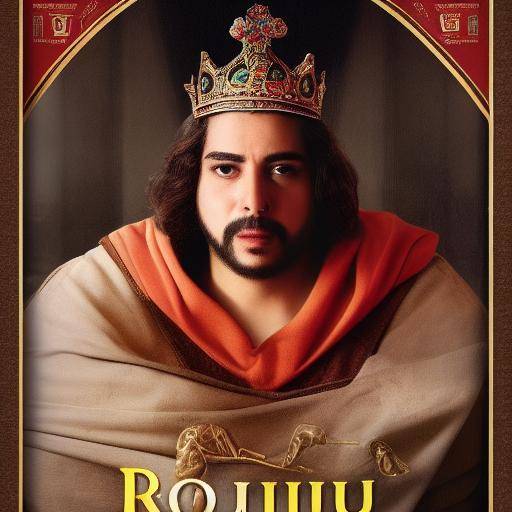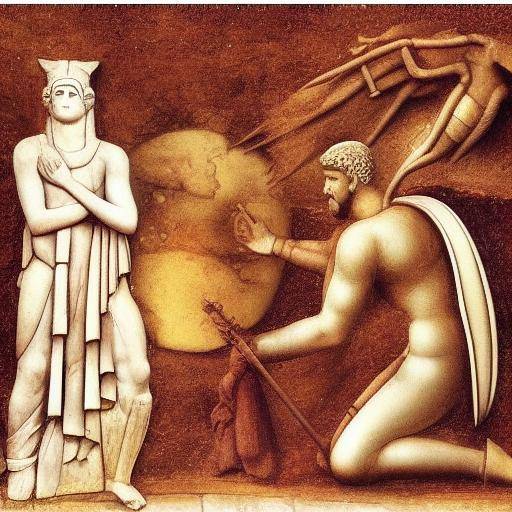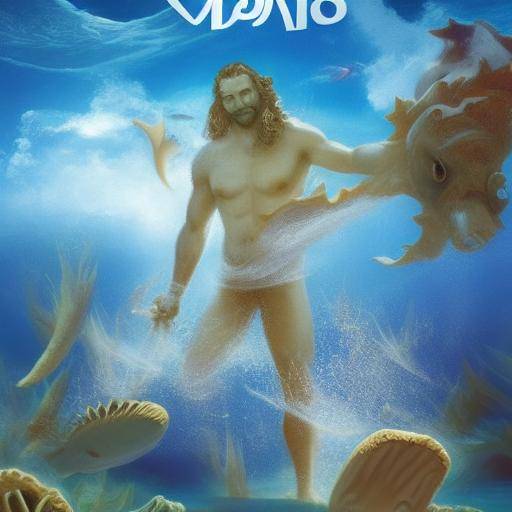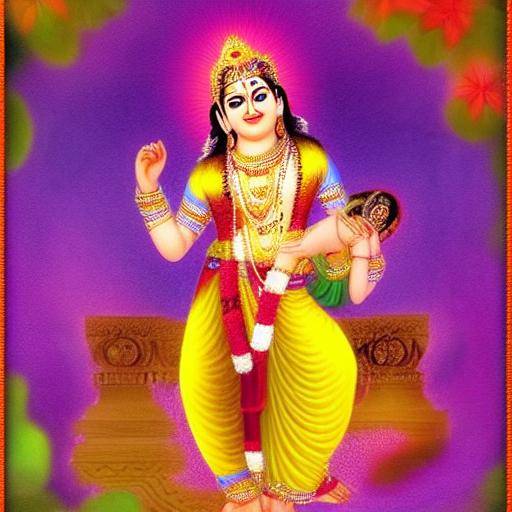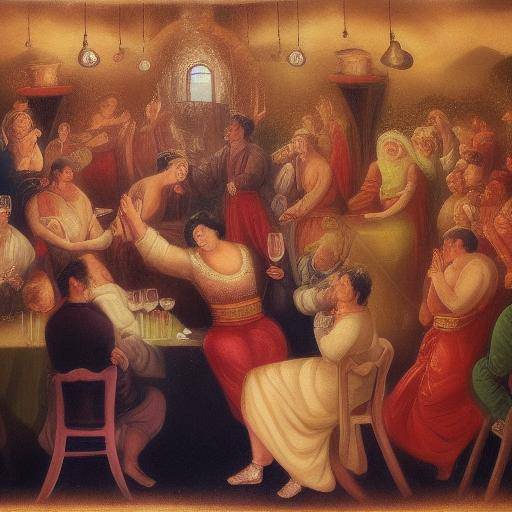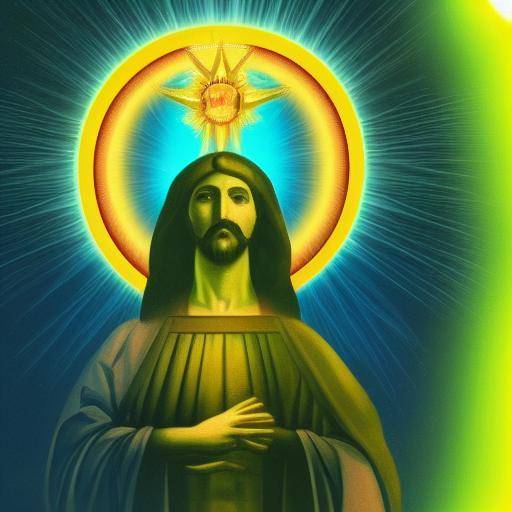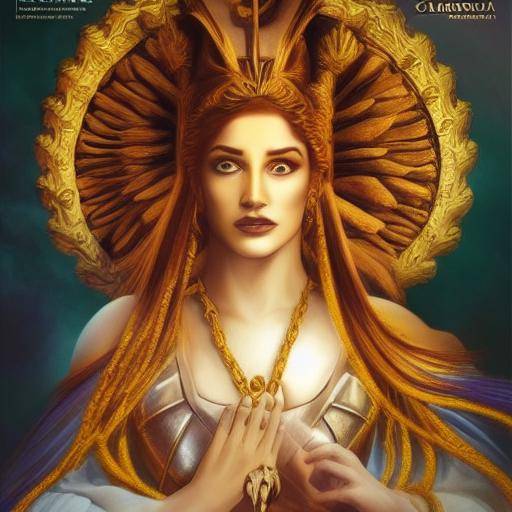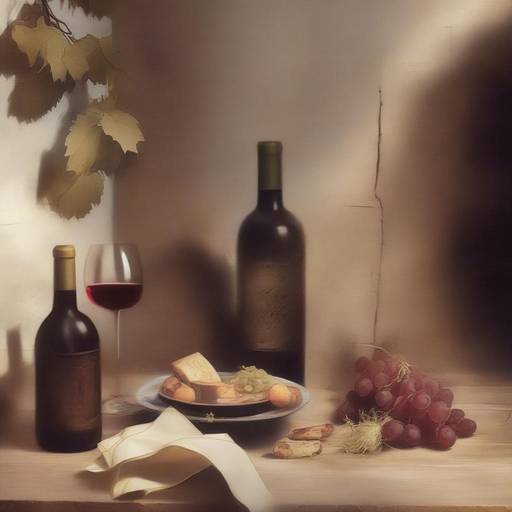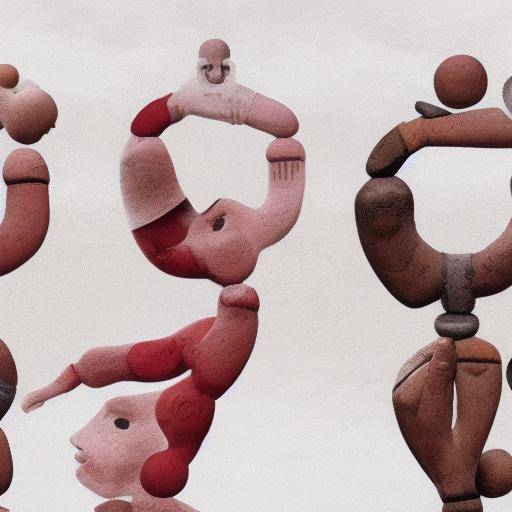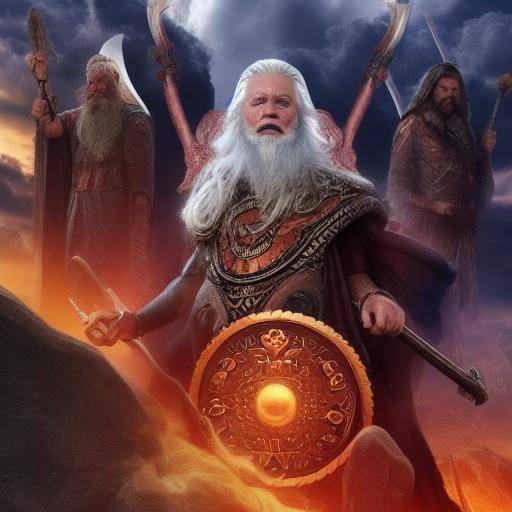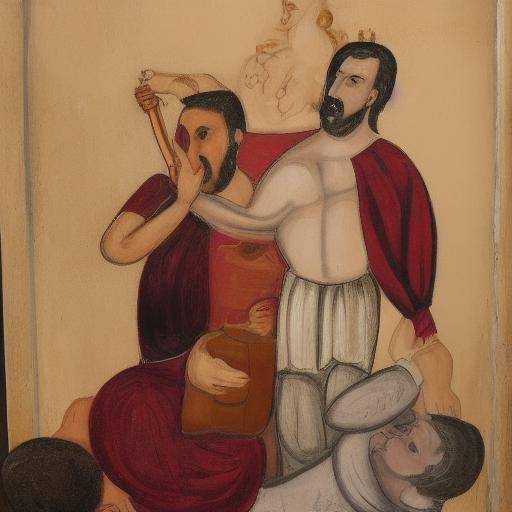
Introduction
Dionisio, the Greek god of wine, vintage, and theatre, is a fascinating mythological figure that has left a lasting legacy in culture and arts. In this thorough exploration, we will discover the origins, the influence in the current society, and the relevance of Dionysius. From its role in mythology to its impact on the modern world, this article offers a detailed view of its history, myths, and cultural legacy. In addition, we will explore how its essence is intrinsically linked to the enjoyment of wine and how its influence extends through theatre, performing art and the celebration of life. Join us on this journey to discover the secrets of Dionisio, the god of wine and theatre.
History and Background
From ancient Greece to contemporary society, Dionisio has been venerated as an influential god with multiple attributes. His presence dates back to ancient times, where he was worshipped as the protector of the vine and the promoter of fertility in nature. Over the centuries, his cult expanded, incorporating festive celebrations and the ritual consumption of wine. It was also incorporated into the Olympic pantheon, becoming a key figure in Greek mythology.
The fascinating duality of Dionisio as a god of wine and theatre highlights its role in both festivities and ecstasy, as well as in artistic expression and entertainment. Their festivals, known as the Dionysias, were moments of joy, rebellion, and unbridled emotivity. These celebrations offered citizens the opportunity to express their emotions through the theater and, at the same time, to honor the dionisian god with generous wine libations.
In-depth analysis
The wine, like the drink associated with Dionisio, transcends its mere value as an alcoholic beverage. Beyond its cultural and ceremonial importance, wine has proven to have health benefits when consumed in moderation. Numerous studies have highlighted their antioxidant, cardiovascular properties, and their potential to improve quality of life.
As for theatre, under the influence of Dionisio, it became a form of art that explored the limits of human expression. Theatrical works during the Dionysias are displayed in their maximum splendour, dealing with tragic, comical and dramatic themes of human existence. This aspect of the god of wine and theatre underlines its connection to creativity, social disruption, and the honest representation of the human condition.
Comprehensive review
The figure of Dionisio, the god of wine and theatre, remains relevant in modern culture. Its influence is manifested in different forms of art, from literature to cinema, from music to painting. The modern festivities, often impregnated with the joy and celebration that characterized Dionysias, accentuate the continuity of their legacy in contemporary society.
A worthy aspect of exploration is the economic impact of wine. The wine industry has experienced significant growth in recent decades, both in terms of production and consumption. This expansion has generated opportunities for wineries, the creation of employment in wine-growing regions and the development of winemaking, enhancing the economy and promoting the culture of wine.
Comparative analysis
The comparison of Dionisio, the god of wine, and the theatre allows us to discern the interconnection between these spheres. The wine, as a sacred element in the dionisian festivities, represents the transition to a state of ecstasy and euphoria. On the other hand, theatre exploits human emotions through artistic representation, using narrative and performance to move and entertain the audience. Both aspects highlight the importance of expression, creativity, and the exploration of human nature.
Practical advice and useful recommendations
- When enjoying the wine, it is essential to know its varieties, pairings, and suitable temperatures of service. Explore different types of wine, from sparkling to red, allows you to discover a wide range of flavors and aromas that enrich the experience.
- For theatre enthusiasts, attending different performances or participating in performance workshops can offer a deeper perspective on performing art. The understanding of techniques, direction, and the history of theatre adds value to the appreciation of this form of artistic expression.
Industry perceptions and expert opinions
Experts in the fields of theatre, wine, and mythology highlight the lasting influence of Dionisio in contemporary culture. His role as a wine god is considered a symbol of the connection between humanity and nature, while his association with theatre continues to inspire new works and artistic perspectives.
In the words of Ana Ruiz, an expert in ancient art and culture, "The figure of Dionisio transcends the eras, continuing her influence on art and entertainment. Her ability to unleash passion and creativity remains an inspiring force in the modern world."
Case studies and real applications
A relevant case study is the impact of the celebrations of wine and theatre in the modern wine-growing region of La Rioja in Spain. The fusion of these artistic expressions with wine production has strengthened the tourist attraction of the region, generating a significant impact on the local economy and generating greater recognition at the international level.
Future trends and predictions
Looking forward, appreciation for quality wine and content-rich theatrical experiences are expected to continue to expand. The integration of technology into theatrical production, as well as the development of sustainable practices in the wine industry, will represent key areas of innovation and progress.
Conclusion
In short, the figure of Dionisio, like the god of wine and theatre, embodies the very essence of celebration, passion, and artistic expression. His legacy endures through the centuries, influencing culture, arts, and human perception of pleasure and creativity. By exploring the multiple dimensions of Dionysius, we can better understand how his influence continues to enrich our lives and our understanding of the world around us.
FAQs
What is the best known myth about Dionysius?
The best-known myth about Dionisio is his journey around the world, teaching mortals the art of viticulture and winemaking.
What was the role of wine in the dionisian holidays?
The wine was considered sacred in the dionisian festivities and was believed to connect the participants with the Dionisio divinity, allowing them to release their emotions and experiences in a state of ecstasy.
How does theatre relate to Dionisio?
The theatre was closely related to Dionisio through the Dionysias, festivals in honor of the god of wine and theatre, where dramatic and comical works were represented.
What are the health benefits associated with moderate wine consumption?
Moderate wine consumption has been associated with cardiovascular health benefits, antioxidant properties, and greater longevity.
How has wine representation evolved in contemporary art and culture?
The representation of wine in contemporary art and culture has evolved to reflect the diversity of its consumption, from wine appreciation to its symbolic value as a cultural and social element.
What is the relevance of Dionisio in the current popular culture?
Dionisio remains a relevant figure in popular culture through references in films, novels, and artistic manifestations that celebrate his legacy as a god of wine and theatre.
Key findings, including:
- The figure of Dionisio as a symbol of celebration and artistic expression.
- The interconnection between wine, theatre, and the lasting influence of Dionisio on contemporary culture.
This article, meticulously researched and drafted, offers a deep dive into the figure of Dionysius and its impact on society over the centuries. From mythological accounts to their influence on art and culture, Dionisio's legacy remains a source of inspiration and wonder in the modern world. Through wine and theatre, the essence of Dionisio persists, providing pleasure, creativity, and a deep connection with our humanity.

